Energy is a key factor in combating climate change, one of the biggest challenges the world is facing today. India has committed to cutting emissions to net zero by 2070 and set ambitious targets for adopting renewable energy. Achieving these targets requires careful planning and an overhaul of our current energy system.
Our work aims at enabling policies that encourage the adoption of rooftop solar, facilitate the development of technology for energy storage, strengthen the grid and transmission infrastructure, advance hydrogen technologies, and promote green mobility. CSTEP's research looks at the various aspects of mainstreaming renewable energy for a cleaner, greener energy sector.
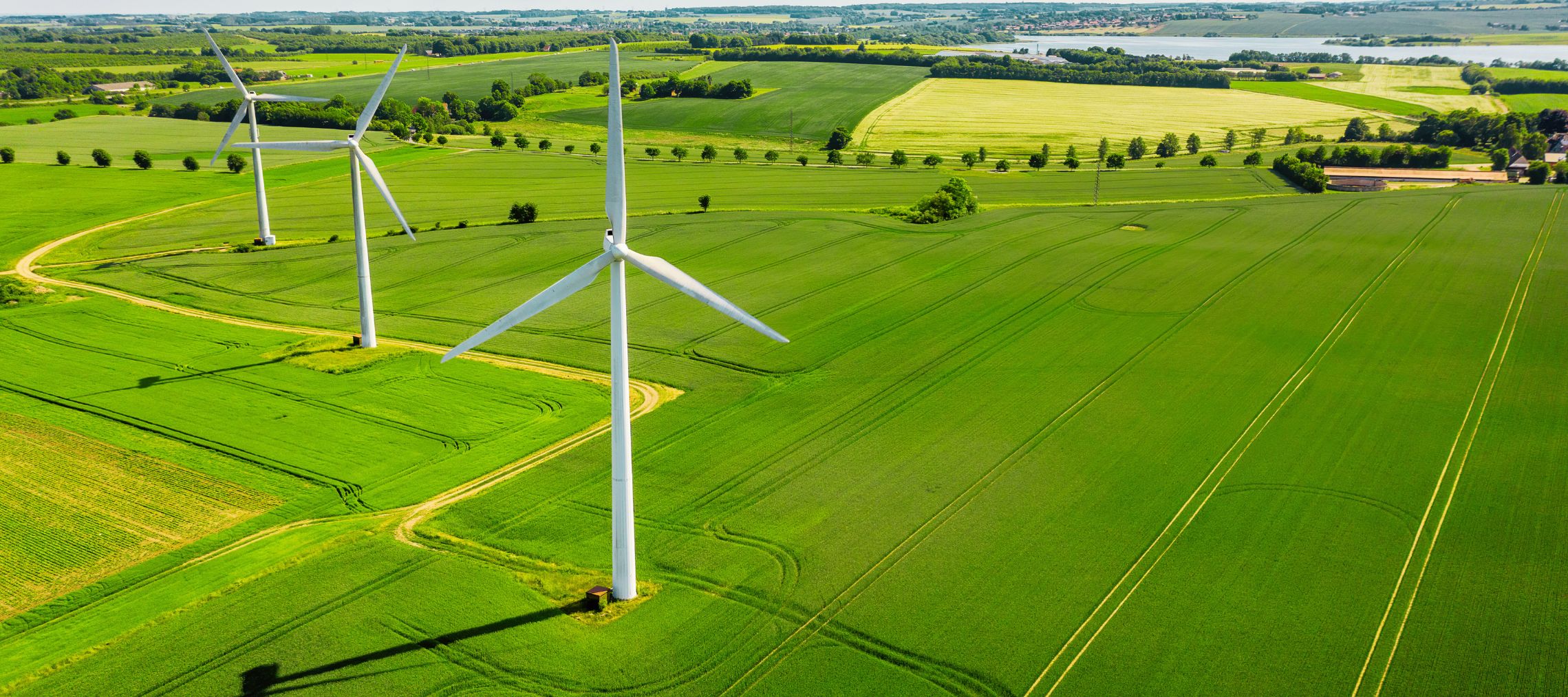
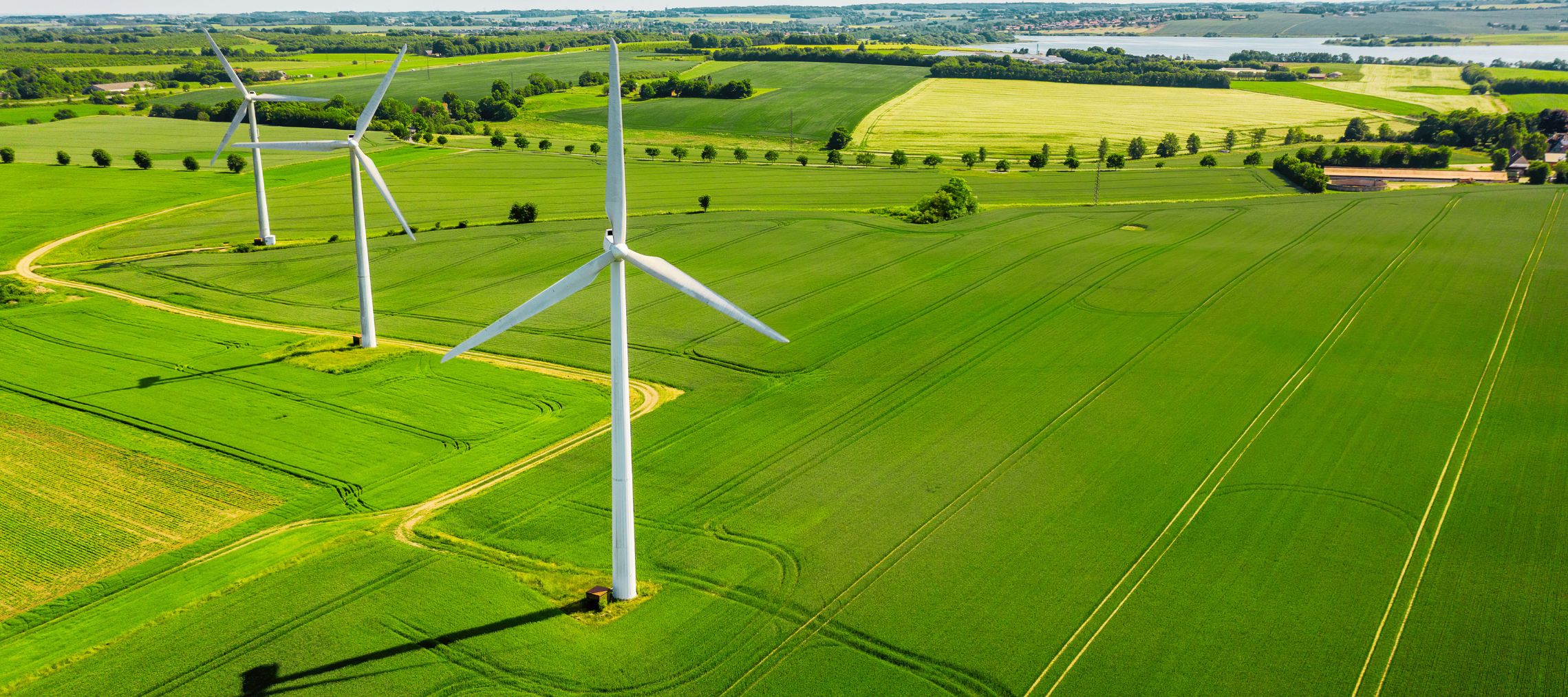
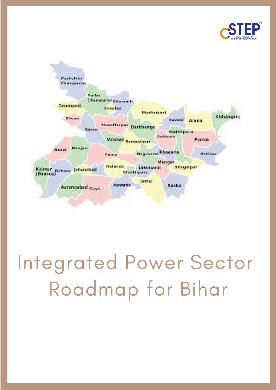


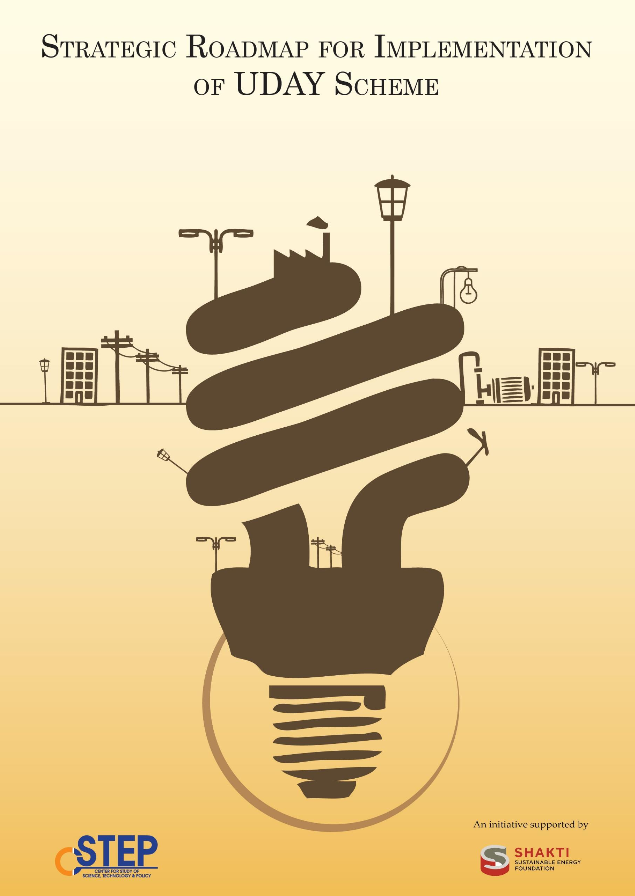
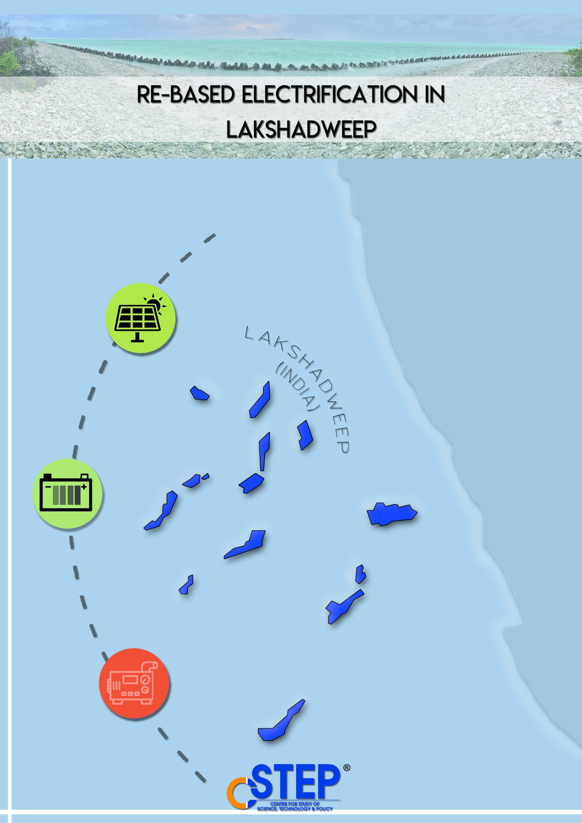

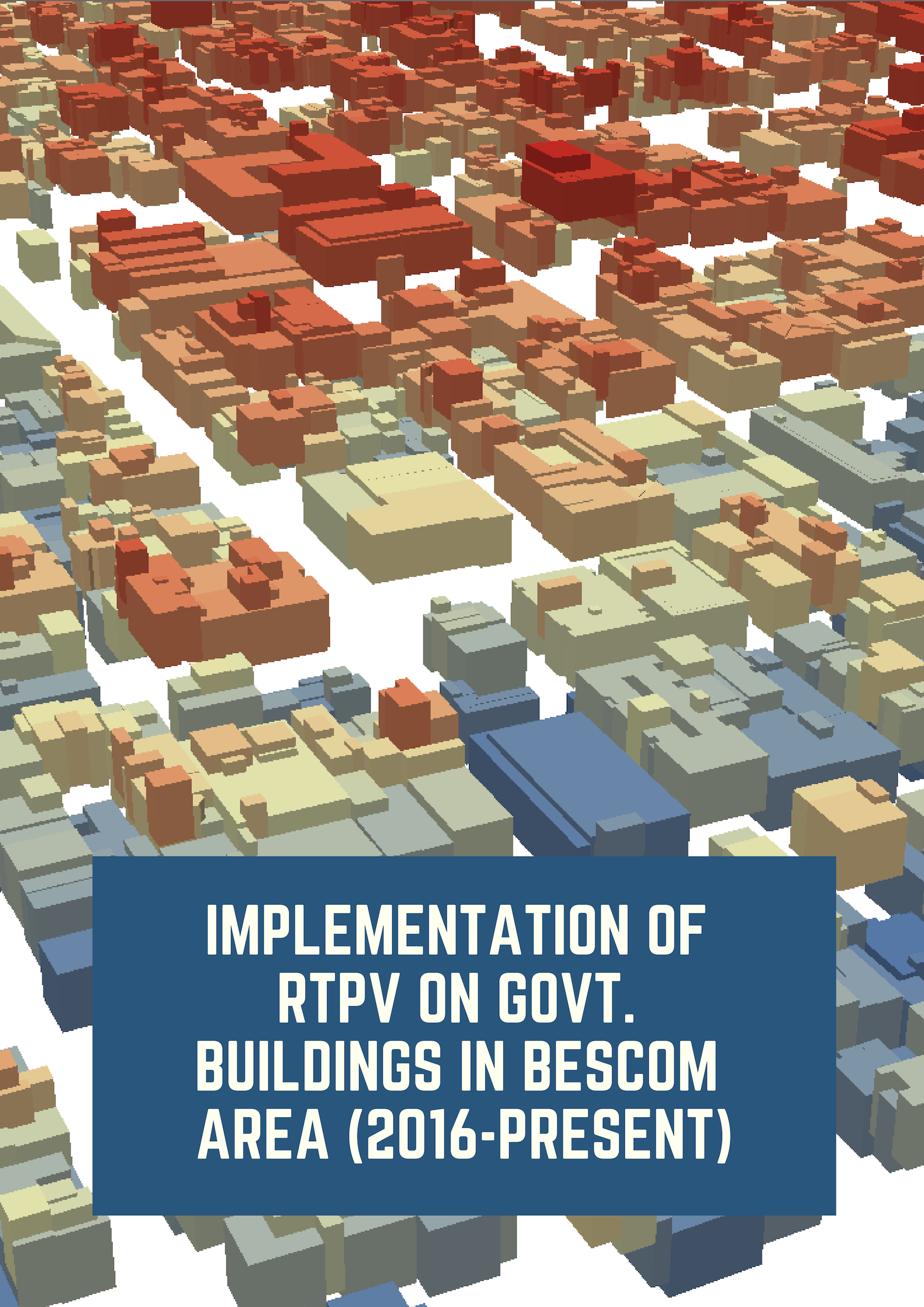

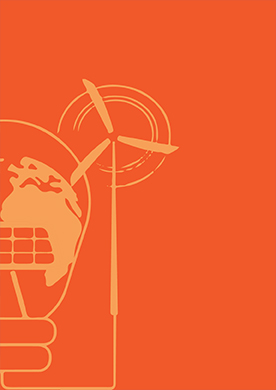
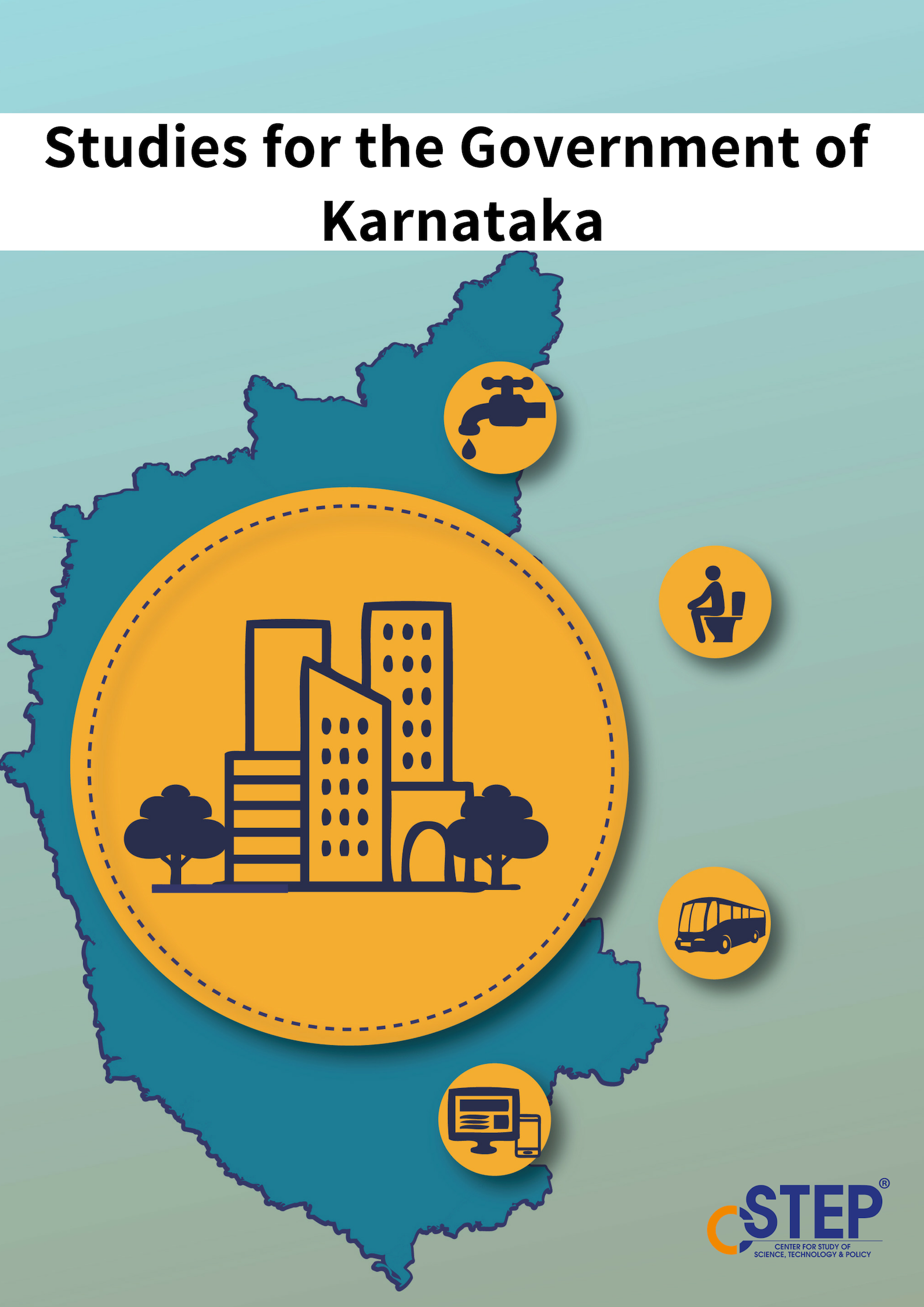

PRESS RELEASE - Bengaluru 2030: Impact of EVs on Vehicular Emissions
The on-road vehicle stock in Bengaluru is expected to grow by 1.5 times, with the total vehicular population projected to increase from 5.7M to 8.9M by 2030. Of note, the city’s electric vehicle (EV) fleet is projected to grow from 75,000 to 2.3M, with the most significant increase in the number of two wheelers, followed by three and four wheelers.
Bengaluru 2030: Impact of EVs on Vehicular Emissions
Greenhouse gas (GHG) emissions are a direct cause of human-induced climate change. India accounted for 2.9 billion tonnes of CO2 emissions in 2019. The transportation sector accounts for roughly 10% or 290 million tonnes of CO2 emissions per year. Road transport, mainly comprising heavy vehicles (buses and trucks) and to some extent personal vehicles (two wheelers [2Ws] and four wheelers [4Ws]), is the leading contributor to these emissions.
FAME Subsidy Withheld: Impact on the Indian EV Sector
In 2019, the Government of India launched the second phase of the Faster Adoption and Manufacturing of Electric and Hybrid Vehicles (FAME II) scheme to bring electric vehicles (EVs) at par with internal combustion engine (ICE) vehicles in terms of affordability. This was primarily aimed at helping India achieve its climate commitments and EV30@30 goals.
The future of Virtual Power Plants in India - A perspective
To meet its global commitments, India is planning to reduce fossil-fuel-based power generation by targeting 500 GW of non-fossil fuel capacity by 2030. However, the increasing adoption of renewable and distributed energy resources is creating several technical and economic challenges in the Indian power system due to intermittency and lack of infrastructure.
Defining agriPV for the Indian context
India’s plans to add more than 200GW of solar PV capacity will include significant contribution of agriPV. Given the criticality of agriculture to the Indian economy and the diversity in crop production, there is need to understand in practical terms the impact of deploying agriPV on productivity, farmers incomes, linkages to foreign trade, domestic demand among other issues. This granular assessment must form the basis for developing clear guidelines, in consultation with stakeholders, on defining agriPV and parameters such as acceptable yield restriction.
The forgotten case of small wind turbines
Wind energy systems are expected to play a crucial role in meeting India’s ambitious goal of 450 GW of renewable energy installed capacity by 2030, which includes 140 GW of wind energy. In addition to large wind turbines, small wind turbines with less than 50 kW capacity can contribute to this goal. Further, small wind turbines generate decentralised power and reduce energy bills for consumers and power purchase costs for distribution companies, as well as help manage peak demand periods.
